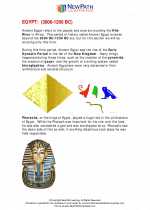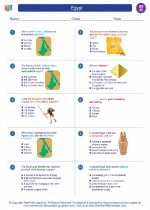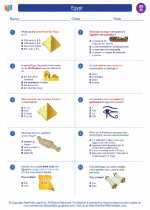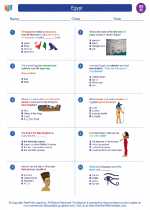Kristallnacht: The Night of Broken Glass
Kristallnacht, also known as the Night of Broken Glass, was a pogrom against Jews throughout Nazi Germany and Austria on November 9-10, 1938. The name "Kristallnacht" comes from the shards of broken glass that littered the streets after Jewish-owned stores, buildings, and synagogues were vandalized and destroyed.
Causes of Kristallnacht
Kristallnacht was incited by the assassination of a German diplomat in Paris by a Jewish teenager. The Nazi regime used this event as a pretext to initiate a coordinated attack on Jewish communities.
Events of Kristallnacht
During the night of November 9, 1938, Nazi paramilitary forces and civilians destroyed and looted thousands of Jewish-owned businesses, homes, and synagogues. Jewish people were physically attacked, and many were arrested and sent to concentration camps.
Consequences of Kristallnacht
Kristallnacht marked a turning point in the persecution of Jews in Germany. It signaled the beginning of the Holocaust, as it demonstrated the willingness of the Nazi regime to use violence and terror against Jewish people on a massive scale.
Study Guide Questions
- What does the term "Kristallnacht" refer to?
- What event served as a pretext for the initiation of Kristallnacht?
- Describe the events that took place during Kristallnacht.
- What impact did Kristallnacht have on the persecution of Jews in Nazi Germany?
These study guide questions can help you understand the historical significance and impact of Kristallnacht. Understanding this event is crucial for comprehending the larger context of the Holocaust and World War II.




